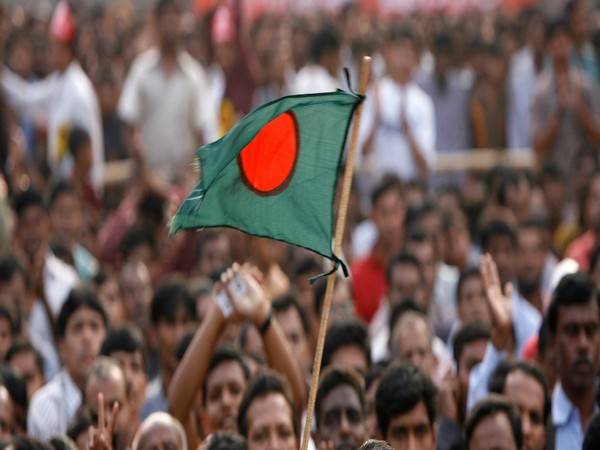According to Dr. Siegfried O. Wolf’s analysis, there are demands to designate the Islamic radical group as a terrorist group….reports Asian Lite news
Bangladesh is gripped by challenges posed by hardline Islamic group Hefazat-e-Islam as the country continues to witness frequent outbursts of massive violence, increase in religiously motivated illiberalism, and a general shrinking of free, liberal, and secular thinking, a thinktank South Asia Democratic Forum (SADF) reported.
The South Asia Democratic Forum (SADF) is a Brussels-based think tank devoted to South Asia and its relationship with the European Union (EU) in the context of a global, changing world.
As per a report written by Dr. Siegfried O. Wolf, Director of Research at SADF, though in recent years, the number of terrorist incidents and related casualties have steadily declined in Bangladesh yet the problem of Islamist extremism remains.
Under the research report titled “The Hefazat-e-Islam and the Islamist challenge in Bangladesh”, the SADF research director noted that HeI is the most recent and largest entity in Bangladesh’s complex web of ultra-conservative, radicalised Islamist groupings.
He defined the group as by a large variety of terms, for instance — a Islamist pressure group, an Islamist advocacy movement, an ultraconservative Islamist group, a socio-political extremist group, or an Islamic social movement.

According to his analysis, there are demands to designate the Islamic radical group as a terrorist group.
While speaking on the challenges posed by the group, the SADF director said the terms used for the group do not really give out the complete picture as to how HeI is challenging the secular and democratic foundations of the state – and how it is contributing to the menace of violent Islamism in Bangladesh.
In retrospect, he noted that for over a decade, Bangladesh witnessed not only violent mass protests and vandalism stirred by HeI supporters but also a firm counter-reaction by the government – so as to protect the state, citizenry, and law and order more generally speaking.
Many senior members of the HeI were arrested for their role in public unrest, and as the organisation also suffered from a leadership crisis, some analysts even concluded that the Islamist organisation became much less of a threat.
However, he pointed out, that such an assessment is short-sighted since it does not consider the facts on the ground. It also fails to understand the Islamist menace in Bangladesh (and beyond) in general – and the the HeI organisation in particular.
The SADF director was educated at the Institute of Political Science (IPW) and South Asia Institute (SAI), both at Heidelberg University.
Additionally, he is a member (affiliated researcher) of the SAI as well as a former research fellow at IPW and Centre de Sciences Humaines (New Delhi, India). Dr Wolf works as a consultant to NATO-sponsored periodic strategic independent research and assessment of Afghanistan-Pakistan issues. (ANI)













